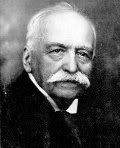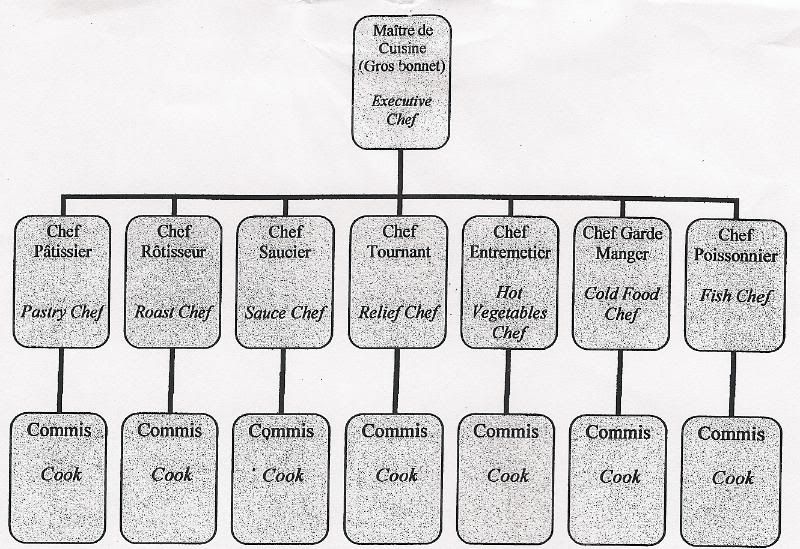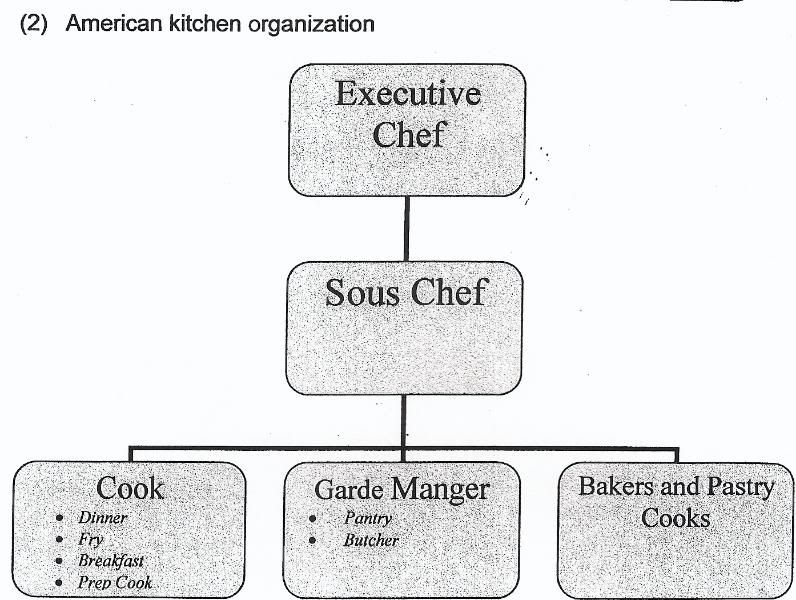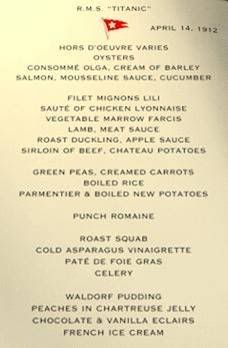 Georges Auguste Escoffier - proclaimed the "King of Chefs" by Kaiser Wilhelm II - and one of the most influential names in culinary history. Random stories of Escoffier also have him training Ho Chih Minh as a pastry chef when running the London Carlton.
Georges Auguste Escoffier - proclaimed the "King of Chefs" by Kaiser Wilhelm II - and one of the most influential names in culinary history. Random stories of Escoffier also have him training Ho Chih Minh as a pastry chef when running the London Carlton. Though the King of Chef's name in the pages of modern history is less well known than that of Wilhem II, or than that of his legendary business partner at the Carlton, Cesar Ritz, Escoffier did leave the legacy of the kitchen brigade.
With the onset of the Franco-Prussian War in 1870, Escoffier was called to serve in the French Army, and appointed Chef de Cuisine at the fortress of Metz, which the Germans laid siege to for seventy days. The experience of being cut off from fresh food supplies (and without the benefit of MREs, of course) led Escoffier to study the technique of canning meat, vegetables and sauces. But his experiences in the Army probably inspired him in other ways as well, to include organizing his kitchen staff into "brigades" - the system widely duplicated today in many larger restaurants, and in reference to military organization.


Incidentally, Escoffier was later also a consultant to a shipping company, and created the menu served on the last, ill-fated voyage of White Star Line's RMS Titanic. All but one of the chefs on board perished, including Escoffier's previous garde-manger et poisson chef at the Carlton, whom a Henry Clay Frick, the steel king of America, had persuaded Escoffier to release to serve as the his personal chef. Escoffier would ensure that obituaries of each chef, with their photographs, were published in Le Carnet d'Epicure.
All but one of the chefs on board perished, including Escoffier's previous garde-manger et poisson chef at the Carlton, whom a Henry Clay Frick, the steel king of America, had persuaded Escoffier to release to serve as the his personal chef. Escoffier would ensure that obituaries of each chef, with their photographs, were published in Le Carnet d'Epicure.
Only three known, preserved, copies of the Titanic's first-class menu from its final evening exist. The last sold at an auction for 88,500 dollars.
An explanation of the menu can be found here: here.
History of Food in 5 bullets:
- 4000 BC: Sumerians introduce taverns and booze, making Marines retroactively proud
- 2000 BC - 476 AD: Pursuit of spices propels trade, Pyramids become first tourist attraction, roads built, common currency and lingua franca established, first by the Greeks, and subsequently the Romans.
- 476 - 1600 AD: "Dark Age" deals international trade a close-to-fatal blow, with roads becoming dangerous with the fall of the Roman Empire, the Church and monasteries fill the "hospitality" vacuum somewhat, until 1350 (-1600), when the Renaissance witnessed a return to safe travel, commerce, and the debated assertion that Catherine de Medici (1519-1589) brought Florentine/Italian sensibilities to what would become French haute cuisine.
- 1600 - 1800 AD: Industrial Revolution in England and the railroad leads to an explosion in the hospitality industry; across the channel, France becomes embroiled in revolution (1789-1799), at the end of which professional chefs no longer remain in the exclusive service of nobility, in addition to uprooting of the guild system's monopoly on specialty food items, spurring a commercial culinary industry on the continent.
- 1800 - modern times: Nouveau cuisine, new equipment, cars, Upton Sinclair and safety and sanition awareness, nutrition, Ray Kroc, Alice Waters successfully petitioning President Bill Clinton to actually put an American chef in the White House (no more French menus!) ... its all COWABANGA.

No comments:
Post a Comment